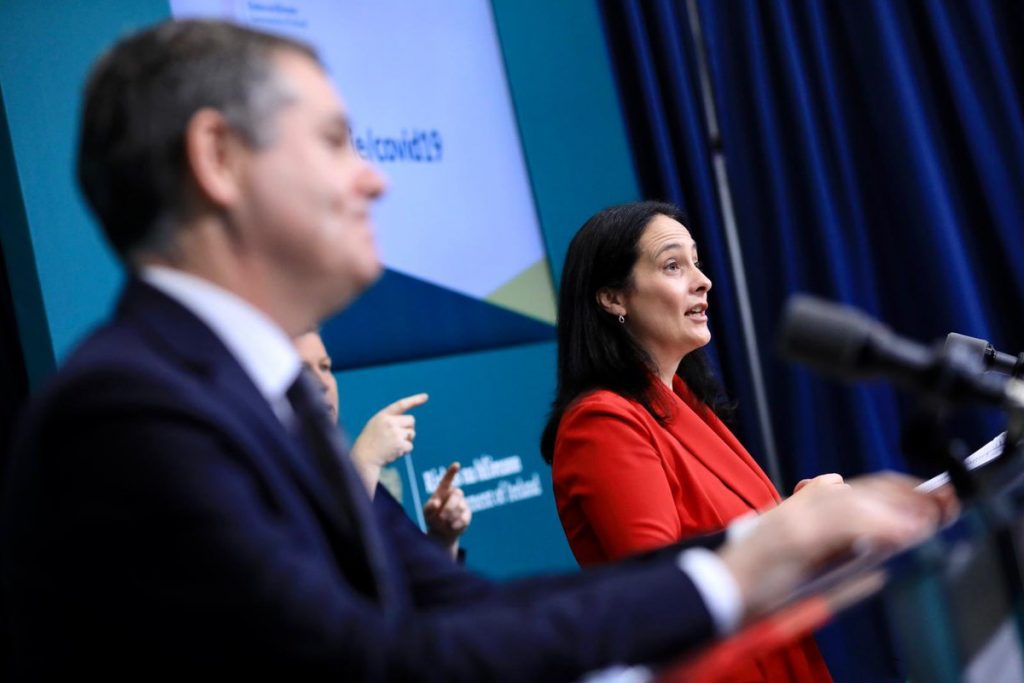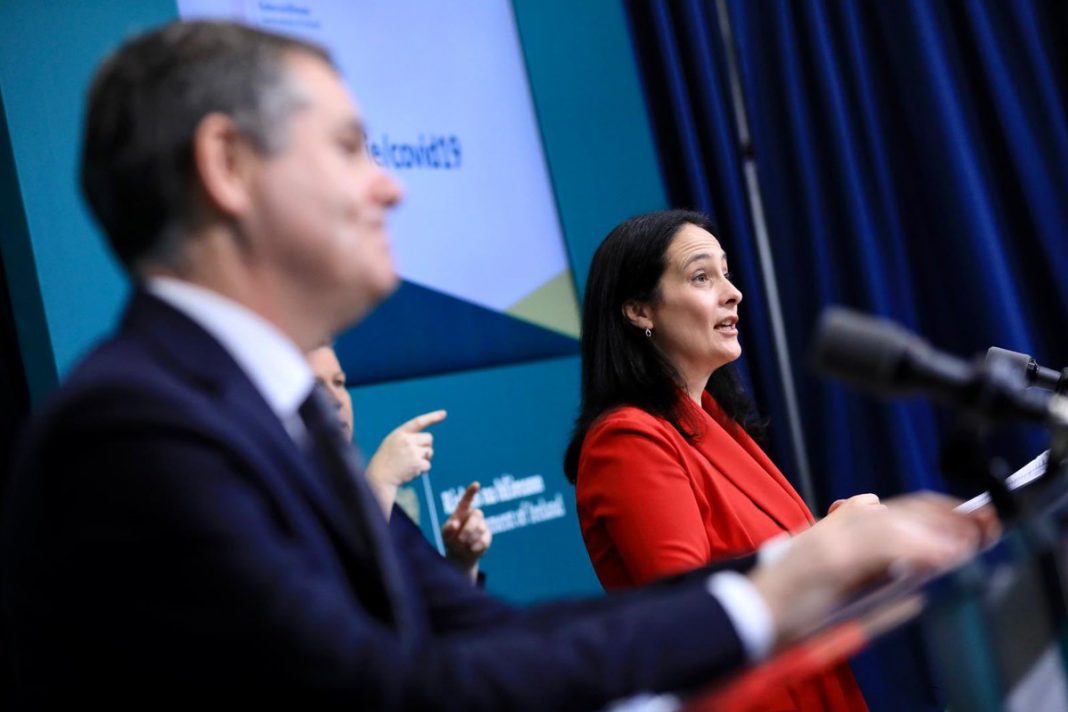Tourism businesses support hundreds of thousands of jobs in this country; they are not just facilities for visitors to stay in, to eat at or be entertained in, but they are also the backbone for many local economies in cities, towns and rural areas right across the country.
Tourism is Ireland’s largest indigenous sector, employing an estimated 265,000 people with over two thirds of jobs in the sector outside Dublin.
The COVID-19 pandemic has shut the doors of hotels, restaurants, cafes and the wider hospitality industry, with businesses missing key opportunities for trade around bank holidays, traditional busy times and during holiday and festive periods. The Tourism Recovery Taskforce was published just before the Budget last month and highlighted those very frustrations and fears voiced by the sector. That while there were wage supports, that something else was needed for businesses and venues forced to pull down the shutters on their premises.
In the lead up to the Budget announcement, Minister for Finance Paschal Donohoe and I worked closely on trying to find a mechanism to support the sector, to give them back something in this difficult period.
Tánaiste Leo Varadkar and I also established the Hospitality and Tourism Forum, which had its first meeting last month. This group equally highlighted the need for a financial lifeline.
And Budget 2021 allows for this now through the Covid Restrictions Support Scheme (CRSS). This will deliver compensation directly to the hospitality and accommodation sectors through a rebate.
The tourism sector has been devastated by the impact of COVID-19 with the complete loss of overseas tourism. In addition, the social nature of tourism and of hospitality has meant that the sectors have faced even greater challenges as public health measures escalated. While businesses may be closed or curtailed in their activity, their fixed costs remain such as insurance, security, maintenance and energy bills. The CRSS will bring some much needed relief and certainty to impacted businesses.
As we know now, the pandemic-related uncertainty will be with us for some time to come. And this scheme is an addition to a suite of measures I and government colleagues have introduced.
In the Budget, I also announced a €55m strategic tourism business fund, which will complement the CRSS. This will set up operators in the sector for the recovery when it comes.
And maintaining capacity in strategic sectors of tourism will be vital to our recovery. Combined with this €55m in business continuity funding, the Budget VAT cut, the extension of the EWSS, the tax debt warehousing extension, and the rates waiver the government is helping to sustain businesses who have been most severely affected by the necessary public health restrictions. The greater business capacity we have in the sector and in the economy as a whole, the quicker we can recover and increase employment.
I am also providing €5m in funding in the months ahead for focused upskilling training to support business survival and recovery in the sector. This will involve helping tourism businesses to manage through the remainder of the crisis and how best to take advantage of the recovery when it comes. The funding will also assist businesses to improve their digital capacity which will be crucial in the global tourism market. Both of these measures were called for by the Tourism Recovery Taskforce.
Investment in the Tourism Marketing Fund has also been maintained to ensure that Ireland is in a position to recover quickly when it is safe for tourists from our key markets.
My immediate focus on helping the sector to survive the COVID crisis and the Recovery Plan produced by the Tourism Recovery Taskforce is a valuable contribution to my thinking in this context. It will also help to inform policy options for the National Economic Plan.
Equally, venues in the arts, also under my remit, can avail of the CRSS. These include the likes of commercial galleries, museums, cinemas and music venues.
Last week I announced the recipients for a €5m Live Performance Support Scheme, a pilot scheme to help venues de-risk the costs of planning shows.
Under Budget 2021, this will be significantly expanded and form part of bigger €50m live entertainment support package next year.
The performing arts and live entertainment sector has also been shut down for months and it will be among the last sectors to re-open fully. The negative impact on the arts, culture and live entertainment has been well established and quantified over the past months in research undertaken by the Arts Council and by my Department.
That’s why arts and culture venues having access to the CRSS is important.
This year, the Arts Council has also seen its funding allocation increase by €25 million over its initial allocation in 2020 and it has been given a total funding provision of €130 million under Budget 2021. This additional funding empowers the council to help artists, arts workers and arts organisations get through the crisis and ensures that they will still be there to play their part in the national recovery. This funding will help protect jobs and livelihoods, while supporting thousands of artists to continue creating new work during and after the pandemic.

It is vital that Ireland’s cultural life — subsidised and commercial — is protected and sustained so that it can survive and adapt to these changed circumstances, recover its equilibrium and contribute to the renewal of our collective sense of wellbeing and purpose. Ireland’s creative and cultural industries are also large and vital components of our economy.
I have also received the Arts & Culture Recovery Taskforce Report and expect to bring this to government shortly. It will include a set of recommendations on how best the sector can adapt and recover from the unprecedented damage arising from the Covid-19 pandemic while also feeding into the National Economic Plan.
Our core presumptions and values have all been challenged by COVID-19 and the pandemic has made us all critically reflect on the importance of these sectors to our nation.
Unfortunately, for the moment, it is no longer possible for us to come together for a cultural, artistic or social event and equally, the flow of visitors we normally welcome from Europe, the US and beyond are not with us.
Our focus in the government coalition has been on the collective effort to protect the vulnerable in our society, on keeping our essential services operating, and on preventing-as much as possible- disruption and damage to our core sectors that we are so proud of.
I want to thank Minister Donohoe, who was previously also Minister for Tourism and I know has a strong interest in the arts, for introducing the CRSS. I’d like to acknowledge his innovative thinking around this.
I believe this scheme will give crucial businesses, in both tourism, hospitality and the arts, a further financial lifeline to help get them through the pandemic.
More information: www.gov.ie

































